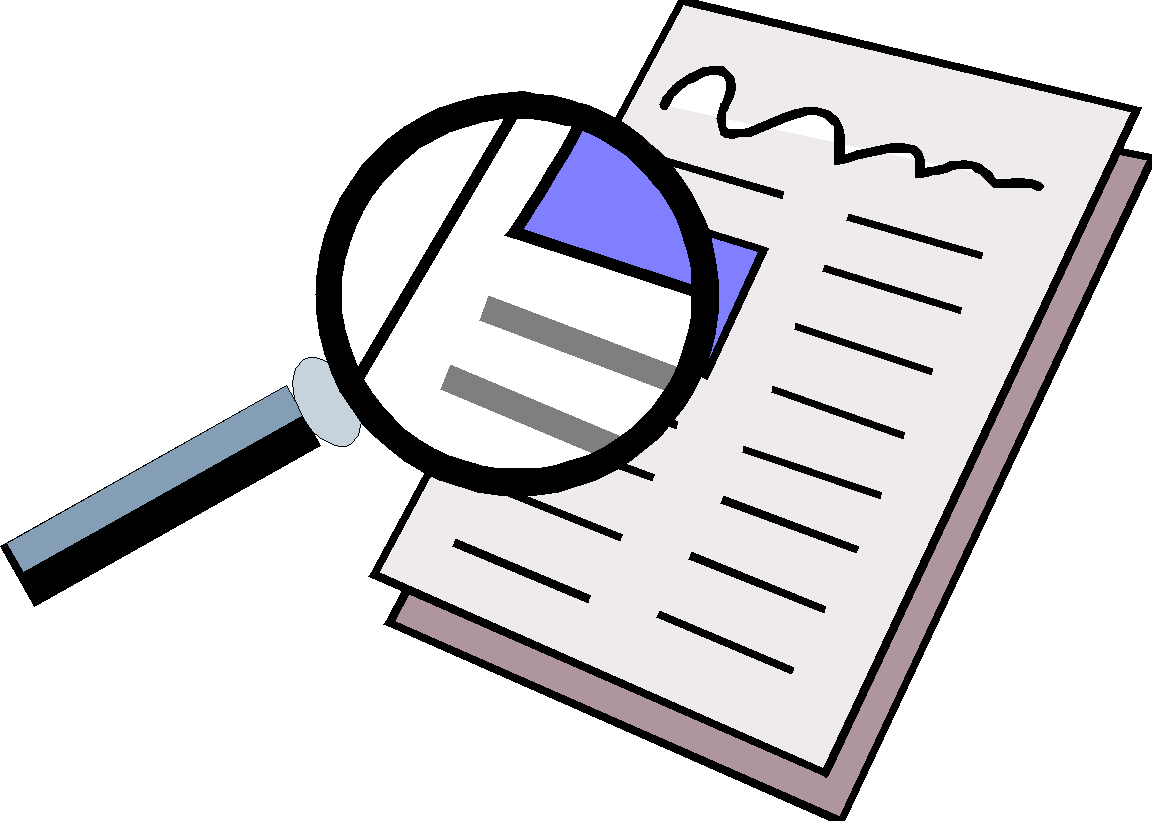This document presents an architectural proposal done by AchitectsEvolutionZone team for the O’Reilly Winter 2024 Architectural Katas contest. The architecture describes our approach and decisions for implementing MonitorMe, a software that will help healthcare professionals by leveraging the power of new devices to provide accurate, timely, and easy to read patient data. Helping them in diagnosing and choosing treatments will lead to faster, better, and informed decisions for healthcare professionals and faster recovery time for patients.” A thorough requirements analysis proses was used to identify architectural characteristics, user flows, C4 diagrams, sequence diagrams, infrastructure layout, user interface mockups, and ADRs were used to describe our vision on how MonitorMe can be designed and implemented.
StayHealthy, Inc. is a large successful medical software company that already has two popular cloud-based SAAS products on the market (MonitorThem and MyMedicalData). The next product they want to bring to life is MonitorMe, a product that will collect patient vital signs from various sources (like wearables and medical devices that measure heart rate, blood pressure, oxygen level, blood sugar, respiration rate, electrocardiogram (ECG), body temperature, and sleep status). This document intends to describe the architecture of MonitorMe, constraints, and considerations for building an easy-to-use, reliable, scalable, and secure system.
You can find a video presentation of our design process and proposed solution at this page.
2.2.4. Glossary
2.4.1.1. Pacient Overview
2.4.1.2. Desktop UI
2.4.1.3. Entity Management
2.4.2.1 Launch UI
2.4.2.2 Pacient Overview
2.4.2.3 Alert
3.2. C4 diagram
3.3. Sequence diagrams
3.4. Architecture style
3.5. Deployment
4.6. ADR006-DeviceGateway
4.9. ADR009-NoSQLOnPrem
4.10. ADR0010-InMemoryCaching
- Alina Avram
- Ionut Burzo
- Hajni Burzo-Covaci
- Claudiu Cretu
- Mihai Todorut
We are a team of software professionals, keen to improve our software architecture practice so that we give projects clarity, transparency, predictability, and lower the risk of project failure (not in time, scope, and budget).

